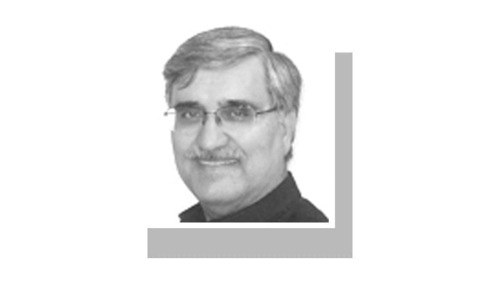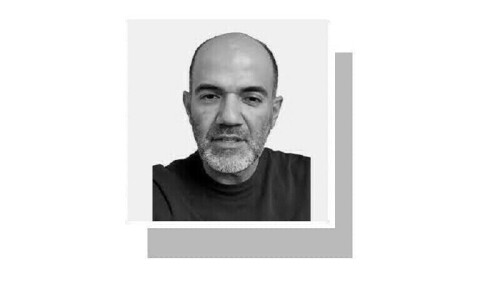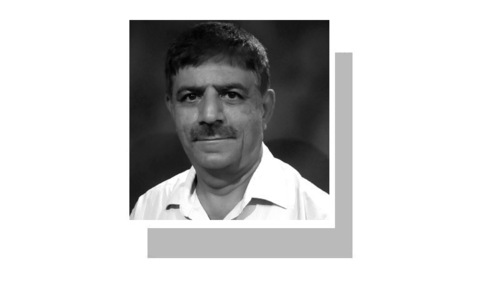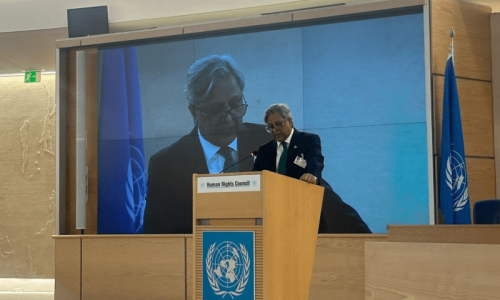 BAGHDAD, Jan 30: Iraq on Friday prepared for its first election since 2005 with security forces on high alert after gunmen killed candidates and campaign workers, raising fears of new violence ahead of polling day.
BAGHDAD, Jan 30: Iraq on Friday prepared for its first election since 2005 with security forces on high alert after gunmen killed candidates and campaign workers, raising fears of new violence ahead of polling day.
The run-up to Saturday’s poll had been relatively free of violence but the shooting of election contenders in Baghdad and in the cities of Baquba and Mosul, north of the capital, on Thursday night exposed the threat that such attacks could throw voting day into chaos.
The elections — being held in 14 of the country’s 18 provinces — are seen as a key test of Iraq’s steadily improving stability, as US President Barack Obama looks to redeploy American troops to Afghanistan.
Iraqi and US military commanders have in recent days warned that Al Qaeda poses a threat to the elections.
Campaigning for the vote officially ended at 7:00 am (0400 GMT) on Friday and Iraq’s borders will be closed at 10:00 pm. Transport bans and night-time curfews will also be put in place as part of stepped up security measures.
“We have deployed all of our security forces around Anbar to be sure that election day will be safe and people will be safe,” said Major General Tarek Yussef, chief of police in the overwhelmingly Sunni province of Anbar.
Saturday’s vote is expected to see good turn out in force in a reversal of the January 2005 parliamentary elections and is also being seen as a quasi referendum on the leadership of Prime Minister Nuri al-Maliki.
The premier has been striding out as an increasingly strong figure on the political stage as he has presented a secular national agenda in response to the sectarianism that has long gripped Iraq.
Although Maliki is not standing, he has thrown his support behind a list of candidates that make up the State of Law Coalition.
Thursday’s killings, however, highlighted the risk that sectarian hatred poses to voting day.
The first murder occurred in Baghdad, where armed men opened fire on Omar Faruq al-Ani, a candidate for the Iraqi Concord Front, police and army officials said.
The second victim, Hazim Salim Ahmed, standing for the Iraqi National Unity list, was shot dead outside his home in the northern city of Mosul, considered the last urban stronghold of Al Qaeda in Iraq.
The killing led local security officials to bring forward to Friday morning the planned 10.00 pm ban on cars, Major Shaban Dawad, of the Mosul police said.
Also on Thursday evening, a third candidate from a mixed Sunni, Kurd and Shia party, was killed along with two campaign workers as they put up election posters in Mandali, near the central city of Baquba.
The UN’s special representative to Iraq Staffan de Mistura on Friday condemned the murders, describing them as “a terrible crime designed to attempt to disrupt the democratic process on the eve of the elections.” Iraq’s provincial councils are responsible for nominating the governors who lead the administration, and oversee finance and reconstruction projects.
They control a combined budget of $2.4 billion. Security forces remain under federal government control.
The United Nations and Iraq’s Independent High Election Commission is organising the elections, with 800 international observers expected to oversee the balloting.
The vote will not include the three autonomous Kurdish provinces — Arbil, Dohuk and Sulaimaniyah, all in the north.
Elections have been postponed in the oil-rich Kirkuk province, which the Kurds want to incorporate despite fierce opposition by the central government.—AFP













































